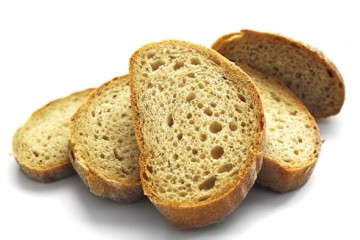Diet Cause Weight Gain?
1. Caloric Intake: A diet that consistently provides more calories than the body needs for its activities can lead to weight gain. Consuming calorie-dense foods, sugary drinks, and excessive portion sizes can contribute to a calorie surplus.
2. Nutrient-Poor Foods: Diets primarily consisting of processed, high-fat, high-sugar foods often lack essential nutrients, such as fiber, vitamins, and minerals. These nutrient-poor foods provide empty calories and do not promote satiety, which can lead to overeating and weight gain.
3. Insulin Response: Some diets, especially those high in refined carbohydrates and added sugars, can cause spikes in insulin levels. Insulin is a hormone that promotes the uptake of glucose from the bloodstream into cells for energy or storage as fat. Consistently elevated insulin levels can contribute to weight gain.
4. Hormonal Imbalances: Certain diets can affect hormone regulation, particularly those that are restrictive, low in nutrients, or highly processed. Hormonal imbalances can disrupt the body's normal metabolic processes, leading to weight gain and other health issues.
5. Lack of Physical Activity: Diets alone may not be sufficient for weight loss or maintenance. Combining a healthy diet with regular physical activity is crucial for creating a calorie deficit and promoting overall weight management.
It's important to approach weight management holistically, considering individual factors, nutritional needs, and lifestyle habits. Consulting a healthcare professional or a registered dietitian can help you develop a personalized plan for sustainable weight management and overall health improvement.
-
30-Day Ab And Squat Challenge!
If you are like most people you are looking for an easy way to ton
-
Week 10: Give and take
By Julie By Week 10 I thought I would rea
-
Calcium – It’s Importance In Our Diet
Did you understand the importance of cal
-
How To Eat Right For Your Metabolism Type
Whatever you eat, it just “sticks” on you and “t
-
Find a healthy weight loss
Obesity is the curse of the modern world. The problem is that tod
-
Week 11: A whole new me
By Dawn What a difference vacation from w
- Weight Loss Diet
- Only 12 Minutes a Day and Your Legs Will Be Irresistible! Exercises That Fit Everyone
- Use Safe Weight Loss Diet Pills And Curve Up Your Body
- How to Think Yourself Thin
- Week 3: Almost There!
- 10 Years Thinner: Your First Weeks Meal Plan
- Trends in the Dieting Industry
- The low carbon diet
- How To Get In Shape With Weight Loss Exercise
- Could Your Thyroid Be the Culprit? Everything You Need to Know About Thyroid Disease
- Apple Cider Vinegar and Honey Recipe to Treat Arthritis, Indigestion & Obesity



